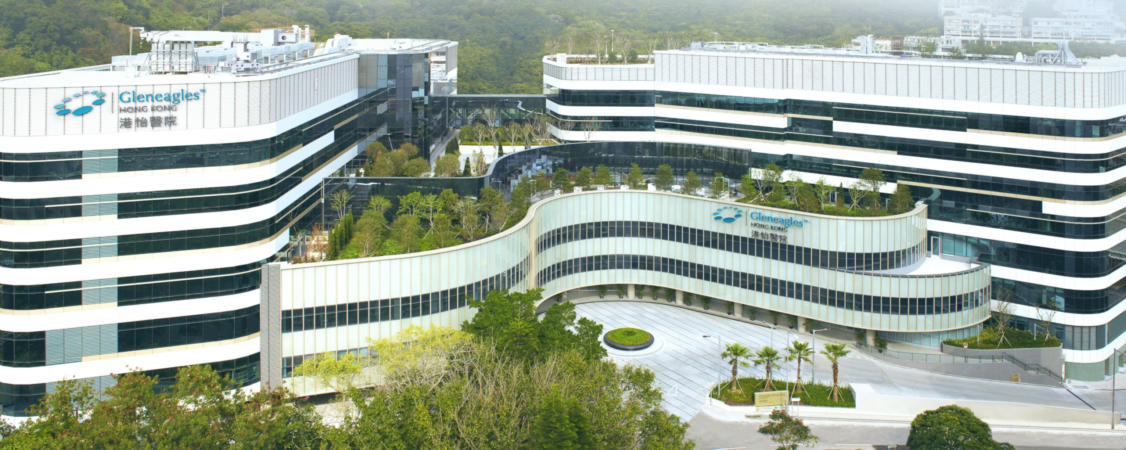Frozen Shoulder
What is Frozen Shoulder?
Frozen shoulder (also known as adhesive capsulitis) is a condition in which a shoulder becomes painful and stiff. Symptoms tend to resolve without treatment, but it may take as long as2 to 3 years. The pain and loss of movement can interfere with everyday tasks such as dressing, driving, sleeping, or even scratching the back.
The shoulder has a thin capsule that covers and protects its motion. In frozen shoulder, some scar tissue forms in the shoulder capsule, causing the capsule to thicken and contract, which in turn limits shoulder motion.
Most cases of frozen shoulder occur for no apparent reason. Its onset occasionally follows a shoulder injury or immobilisation. Frozen shoulder affects about 3% of adults at some stage of their lives and occurs commonly in people aged between 40 to 65 years. The condition is more common among women, people who have diabetes and overactive thyroid disease.
The symptoms of frozen shoulder include shoulder pain and stiffness in a three-phase sequence.
- Phase one – the “freezing” painful phase, which typically lasts for 2 to 9 months. The first symptom is pain. Stiffness then gradually builds up. The pain is usually worse at night and when the patient lies on the affected side.
- Phase two – the “frozen” stiff phase, which typically lasts for 4 to12 months. Pain gradually reduces but stiffness remains or worsens. Shoulder motion in all directions is reduced.
- Phase three – the “thawing” recovery phase, which typically lasts for 1 to 3 years. The stiffness gradually resolves and movement gradually returns to normal, or near normal.
Treatment of frozen shoulder aims to control pain and keep the range of shoulder motion as good as possible whilst waiting for the condition to resolve and movement and strength to restore. Treatment options include:
- Oral anti-inflammatory pain-killers
- Shoulder exercise and physiotherapy for pain control and shoulder movement
- Steroid injection around the shoulder joint for short term relief
- Manipulation under anaesthesia, a procedure in which the shoulder is moved around by surgeons while the patient are under anaesthesia
- Arthroscopic capsular release, a “keyhole” surgery to release the tight joint capsule with a special probe






